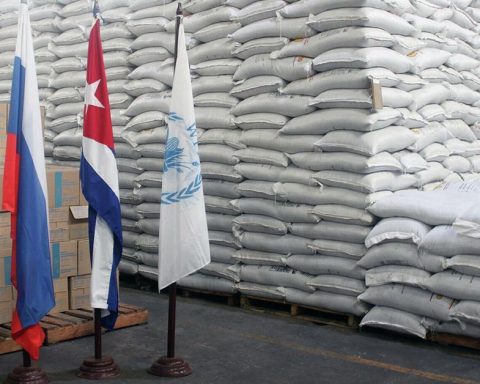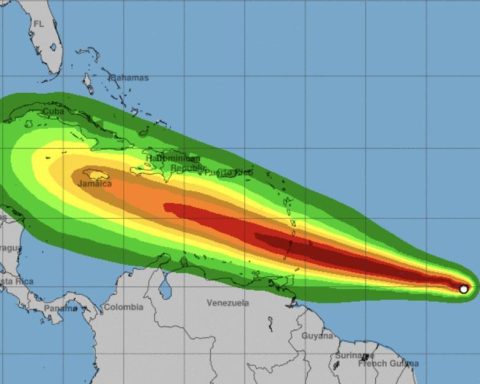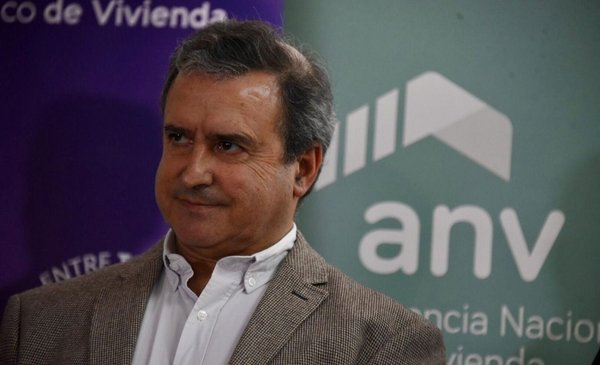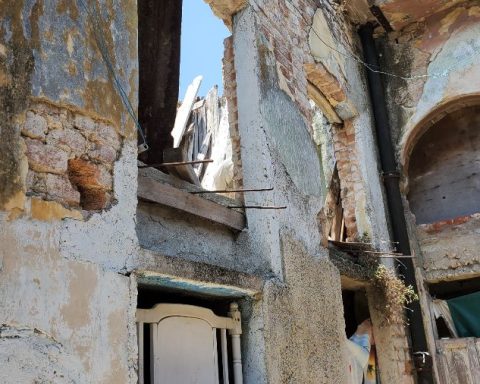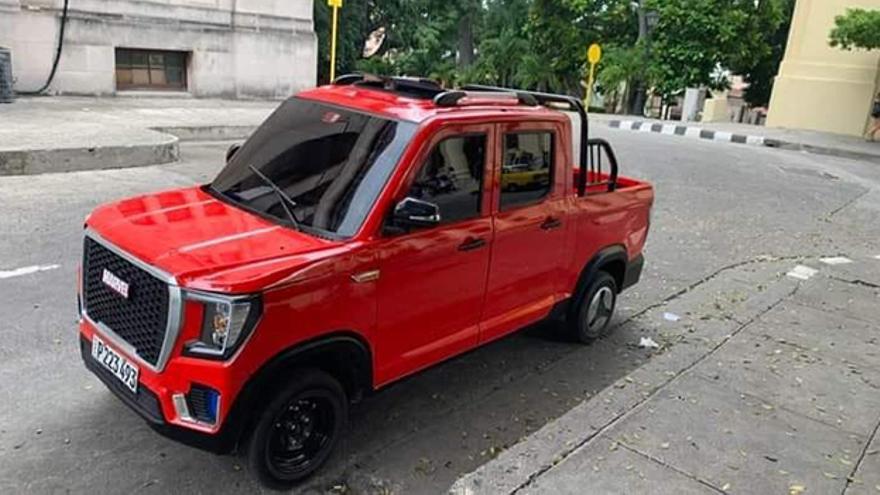
The United States Embassy in Havana has been forced to rent “numerous” electric cars, manufactured in China, to the Cuban government due to the fuel shortage that the island is going through, confirmed An anonymous State Department official miami herald. In a statement sent to the newspaper, the institution assured that “it will continue to do so until the crisis subsides” and they can use their own vehicles.
Last April, the fuel crisis in Cuba worsened, attributed by the Díaz-Canel government to non-compliance with the agreements of its main suppliers. Although several oil tankers have entered the ports in recent weeks, the supply has not been sufficient to cover national demand and has kept several productive lines unemployed.
The US official explained to miami herald that they simply use the vehicles of the Asian giant because “there are no electric cars made in the United States in Cuba available for rent.”
The US-Cuba Economic and Trade Council, based in New York, assured that the diplomatic headquarters has four units for lease, while recalling the tensions between Washington and Havana that prevent companies with US capital from sending vehicles to the island.
The US official explained that they simply use the vehicles of the Asian giant because “there are no electric cars made in the United States in Cuba available for rent.”
The Council, led by businessman John Kavulich, recalled that in 2017 the Bureau of Industry and Security (BIS) issued the first license to Maryland-based Premier Automotive Export (PAE) to export an electric vehicle and charger to the US Embassy on the Island. However, in January 2022, Under Secretary of State Brian A. Nichols rejected an offer from the company for a donation of four chargers to the embassy.
At the end of September 2022, the US Department of Commerce issued an authorization to Premier Automotive Export to export motorcycles and electric skateboardswhich can be purchased by residents and private companies on the Island.
However, John Felder, director of the company, confirmed to the miami herald that they have not been able to export a single vehicle to private companies because the requirements of the Cuban government have delayed the process.
on his blog Cubatradethe Council explains that the fees for sending an electric vehicle through a financial institution represent a “substantial percentage” of the price of the car, which also makes export operations difficult.
Cooperation ties between Beijing and Havana are getting closer, as well as with Russia. Chinese companies have had preferential treatment from Havana to ensure their incursion into the Cuban market, and they enjoyed facilities to install the automobile assembly plant in 2019 by the Tianjin Dongxing Industrial and Commercial Group, in association with the company Cuban state Minerva.
The official press published last January that since its opening the mixed company, called Vehiculos Eléctricos del Caribe (Vedca) and located 15 kilometers from downtown Havana, has manufactured 2,500 motorcycles, 1,500 tricycles and 1,000 children’s cars, whose sales exceed six million dollars. cubadebate explained At that time, the Chinese side represents 58% of the investment with the contribution of technology and equipment, while the Cuban counterpart offers the installation and remodeling.
________________________
Collaborate with our work:
The team of 14ymedio He is committed to doing serious journalism that reflects the reality of deep Cuba. Thank you for accompanying us on this long road. We invite you to continue supporting us, but this time making you a member of our newspaper. Together we can continue transforming journalism in Cuba.
